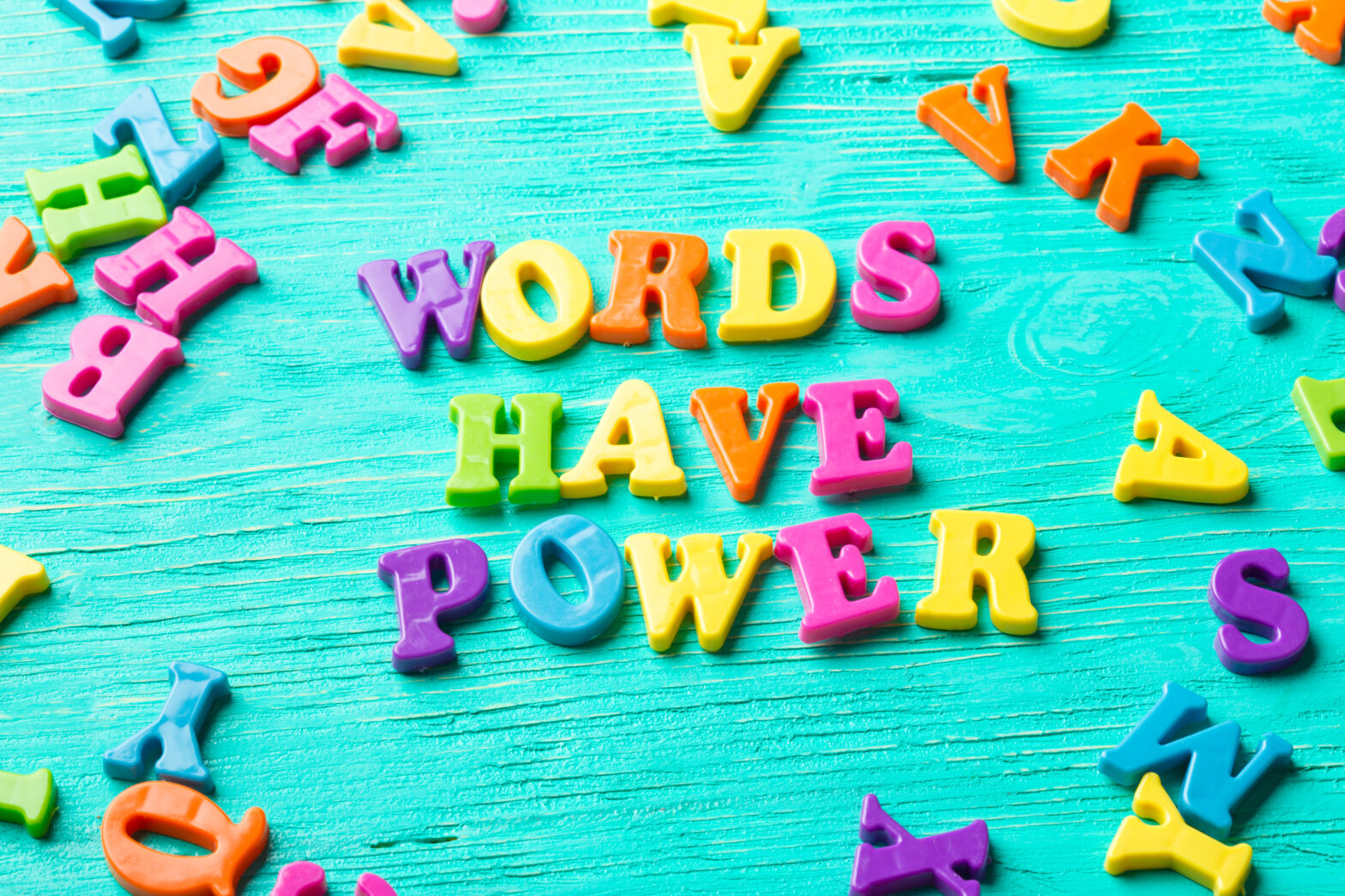Trying to stand out from the crowd with an effective brand slogan is something that can cause even the best marketers many a sleepless night.
But it turns out the most liked brand slogans are often the least memorable, and the most memorable the least liked, according to research from Bayes Business School, the University of Missouri and the University of Arizona.
The study suggests the key to an effective brand slogan depends on the desired outcome, whether that’s to be liked or remembered.
It finds consumers prefer shorter slogans that don’t include a brand name, and which use words characterised as ‘frequent and abstract’.
But for brands looking for longevity, longer slogans which include a brand name and feature ‘unusual and concrete’ words are better remembered by consumers over the longer term.
Around 1,000 students and online workers examined 820 brand slogans and were asked which they liked or disliked. Five linguistic properties emerged as factors in whether a slogan was liked or remembered: length, brand name, word frequency, perceptual distinctiveness and abstractness.
Longer slogans including a brand name were more frequently remembered, but liked less.
Meanwhile, slogans – such as Listerine’s ‘Kill bad breath’, that includes more frequently used words instead of the medical term ‘halitosis’ were better liked but less well remembered.
As part of the study, 234 students took part in an experiment to make disliked slogans more fluent – and vice versa – which found that changing Listerine’s ‘Kills bad breath’ tagline to ‘Stops halitosis’ made it better liked, but less well remembered.
On the flip side, changing Toyota’s ‘Get the feeling’ to ‘Snag the sensation’ made it better remembered, but less liked. This change in perception happened because participants look longer at less-fluent words, such as ‘sensation’, compared to easier-read words such as ‘feeling’.
Increasing the fluency of slogans could have tangible benefits for brands. There was a 28% increase in the click-through rate on a Facebook ad when a slogan’s fluency was improved, according to the study, which found the rate increased from 1.3% to 1.7%.
According to Zachary Estes, professor of marketing at Bayes Business School, brands pursuing recognition should use difficult to process words, while established brands should go the other way by using more common and abstract, easier to process words.
“Our research identifies specific properties of words that can make a slogan better liked or better remembered, but importantly, the properties that make a slogan more likeable also make it less memorable, and vice versa,” he says.
“To be memorable, slogans should be relatively long, include the brand name, and use rare and concrete words. For instance, BMW could make its slogan easier to remember by changing it from ‘The ultimate driving machine’ to ‘BMW is the peak driving machine’, but that would also make it harder to like.”
Source: marketingweek.com



